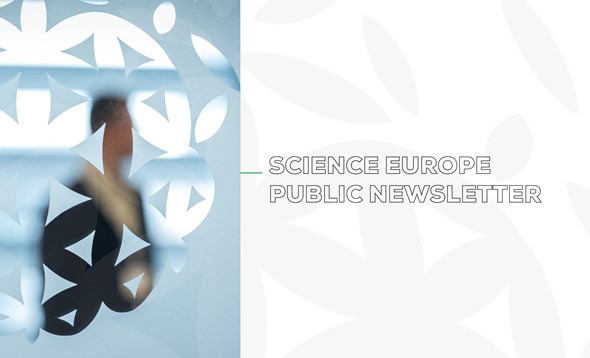Member-only content is available on this page. Please log in to view this content.

What's going on?
564 item(s) found
Reaction to the Political Partial Agreement on Horizon Europe: A Good Deal but is there a Supporting Budget?
Science Europe welcomes the Political Partial Agreement on Horizon Europe, voted on today in plenary by the European Parliament. Science Europe is very pleased to see that excellence remains the core principle of the programme. However Horizon Europe’s ambitions can only be met with the appropriate funding and we therefore advise that Horizon Europe is granted a budget of at least €120bn.
Joint Statement on Academic Freedom and Institutional Autonomy
Released in partnership with the All European Academies (ALLEA) and the European University Association (EUA), this joint statement reinforces Science Europe’s resolve to work together with its partners to uphold academic freedom and institutional autonomy, absolutely essential principles for the conducting of high-quality research in Europe.
Science Europe Public Newsletter: February 2019
Your quarterly update from Science Europe with news and information on our events, publications and other activities.















































